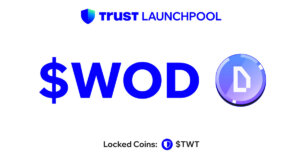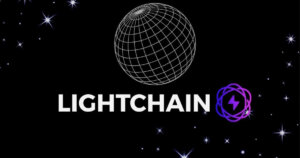 Solana NFT protocol Cardinal to halt operations in August
Solana NFT protocol Cardinal to halt operations in August Solana NFT protocol Cardinal to halt operations in August
The team said its code would remain open-source for anyone to easily redeploy a new version.

Cover art/illustration via CryptoSlate. Image includes combined content which may include AI-generated content.
Solana-based (SOL)protocol Cardinal, which pioneered “conditional ownership” in NFTs, has announced that it would end operations effective August 26.
The team cited the “incredibly difficult macroeconomic environment” as its reason, according to a June 28 Twitter thread.
“We’ve done our best to navigate this incredibly difficult macroeconomic environment since we began building 18 months ago, but like for many others, it has been challenging.”
Cardinal stated that the adoption of blockchain technology by the world’s industries was coming slowly despite some of its products having “some real usage.” It said:
“While we’ve seen some real usage of our staking, rentals, and identity products, we continue to feel like they’re stuck in the context of the crypto maximalist community.”
While conceding that blockchain adoption would continue to grow, its team further highlighted its struggles to find product market fit, adding that its team members “are feeling the itch to explore other pursuits.”
Shut down timeline
Due to Cardinal’s critical role within the Solana ecosystem, its team advised users to manually withdraw their assets from the platform within a two months notice period that began on June 28.
By July 19, the protocol said it would stop new deposits, staking, stake pool creation, token manager creation, namespaces name linking, and NFT rentals, and users would only be able to make withdrawals from the platform.
Users who fail to withdraw their assets by the August 26 deadline will have their assets forcibly withdrawn to the depositors’ address. It added:
“We will then take down our UIs and remove our smart contract deployments from Solana. In the process of removing the smart contracts, we will return the SOL denominated rent stored in all accounts to the relevant account’s initial fee/rent payer.”
Meanwhile, the Cardinal team noted that the protocol’s code would remain open source so anyone can easily redeploy a new version.
Data from Crunchbase shows that Cardinal completed a $4.4 million funding round from investors, including Solana Ventures and Alameda Research, in July 2022.





 Farside Investors
Farside Investors 
















































































